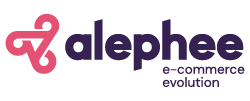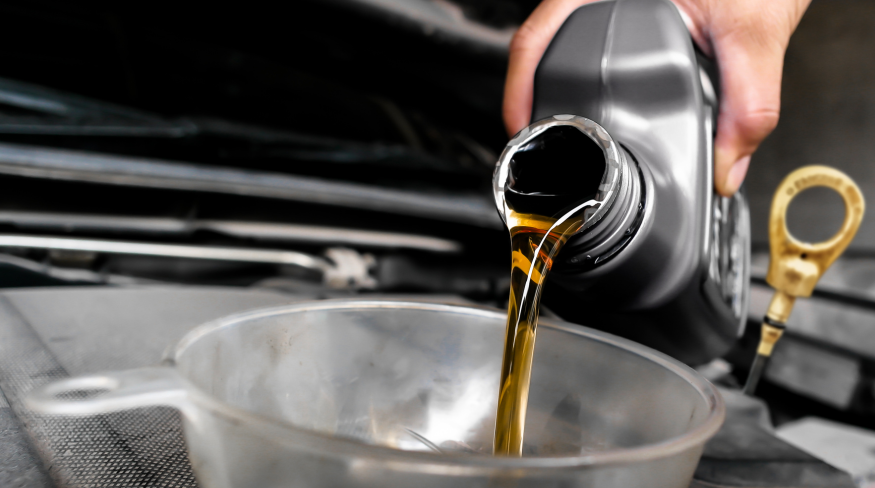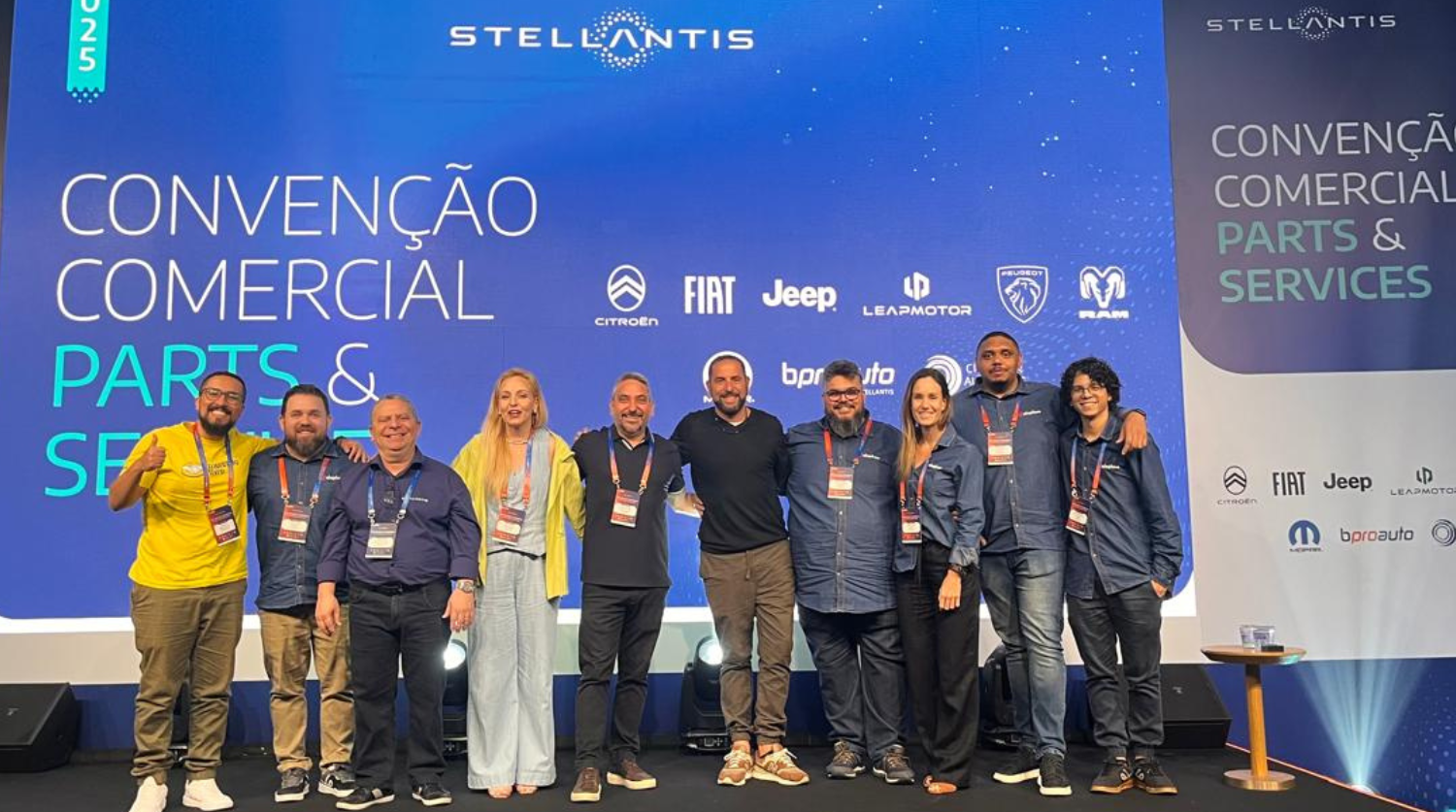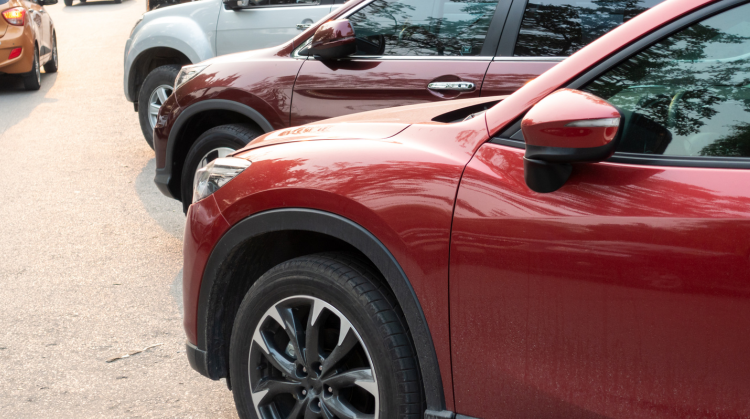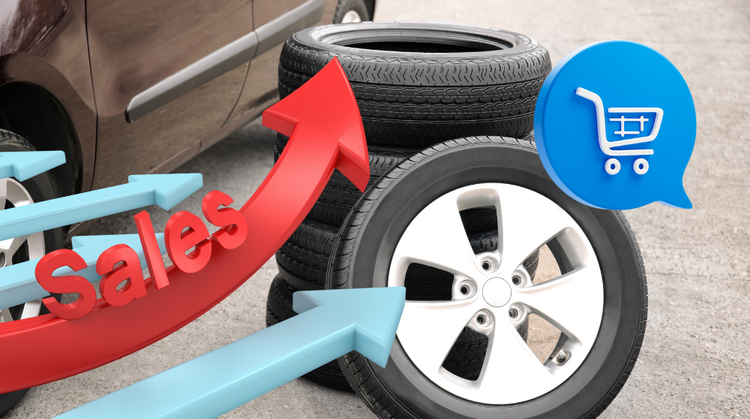In 2024, Lwart, a leading company in reverse logistics and the rerefining of used lubricating oil, achieved a historic milestone: 225 million liters collected across Brazil, the highest volume since the beginning of its operations. To give you an idea, that number is equivalent to almost 90 Olympic-sized swimming pools filled with oil that were prevented from contaminating the environment and returned to industrial value.
What exactly does Lwart do?
The company specializes in reverse logistics for ULOC (Used or Contaminated Lubricating Oil). This means it collects oil after use in workshops, gas stations, and industries, and takes it to its industrial plants, where the residue undergoes a rerefining process. The result is impressive: up to 75% of the used oil can be transformed back into new, high-performance lubricants.
This process not only prevents the residue from being improperly disposed of which could cause serious environmental damage, since one liter of oil can pollute up to one million liters of water but also reduces the dependence on imported base oil. In other words: less environmental impact and a stronger national industry.
A record that impresses
According to Lwart's Sustainability Report, 2024 was a year of remarkable achievements:
-
225 million liters collected throughout the year — a historic record.
-
21 million liters in a single month — a monthly record.
-
37% share of the total oil collected in Brazil, estimated at 600 million liters by the ANP.
In addition, Brazil surpassed the official oil collection target, reaching 56% recovery when the goal was 48.3%. This positions the country as one of the world’s leading examples in reverse logistics.
A collection network that covers the entire country
To reach such impressive numbers, Lwart built a robust infrastructure. In 2024, the company served more than 93,000 clients, including auto repair shops, gas stations, and industries. With bases spread across almost every state, the company ensures that used oil is collected quickly, safely, and in compliance with environmental standards.
Recently, the company also invested in new temporary storage units and an expanded logistics fleet, adding even more agility to the collection process.
Billion-dollar expansion underway
With growing demand, Lwart is expanding its plant in Lençóis Paulista (SP). The project includes the construction of a new rerefining line, which will increase capacity from 240 million to 360 million liters per year by 2026. This 60% production boost will make the company the second-largest used oil rerefiner in the world.
This billion-dollar investment demonstrates not only the company’s strength but also Brazil’s relevance in the global circular economy landscape.
Digitalization and transparency
Another highlight of Lwart is the digitalization of the collection process. Each operation generates digital certificates that ensure traceability of the waste:
-
COC (Collection Certificate) → proves that the oil was collected correctly, in compliance with environmental standards.
-
CDF (Final Destination Certificate) → confirms that the collected oil was properly sent for rerefining and reuse.
Clients can access everything online, from scheduling to collection tracking, ensuring safety and transparency.
Why does this matter to all of us?
The work of Lwart goes far beyond the industrial sector:
-
For the environment, it means less risk of soil and water contamination.
-
For the economy, it reduces the need to import base oil and strengthens the national production chain.
-
For consumers, it ensures that the lubricant used in cars and machinery returns to the market as a high-quality product, performing as well as new oils.
Throughout its history, this company has prevented billions of liters of oil from polluting Brazil’s rivers and soil. And most importantly, it has transformed this waste into a valuable input, closing a cycle that unites sustainability, innovation, and industrial development.
